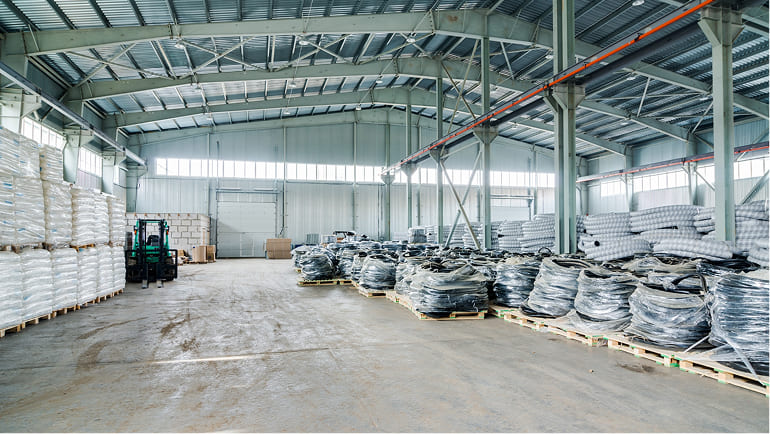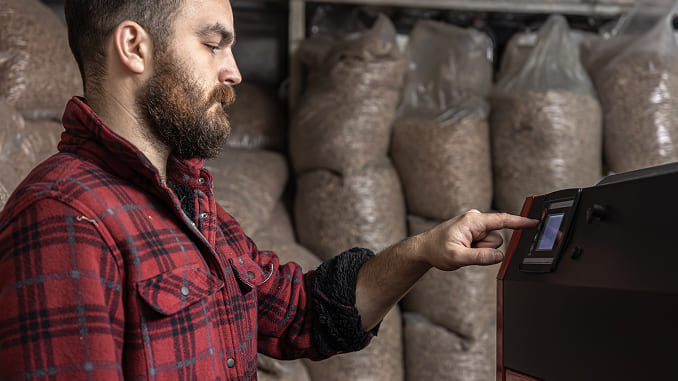Blog / Без категорії /
5 Essential Tips for Sustainable Farming: Boost Your Yields and Protect Something

Sustainable farming is the key to feeding the growing global population while safeguarding the environment for future generations. It involves practices that are environmentally friendly, economically viable, and socially responsible. Whether you’re a seasoned farmer or just starting out, these 10 essential tips for sustainable farming can help you boost your yields, reduce costs, and ensure that you’re contributing positively to the planet’s health.
1. Adopt Crop Rotation
Crop rotation is one of the oldest and most effective sustainable farming practices. By rotating the types of crops you plant in each field, you can help prevent soil depletion, reduce pest infestations, and improve soil fertility. Different plants have different nutrient needs, and rotating crops ensures that the soil isn’t exhausted of a particular nutrient.
2. Use Organic Fertilizers
Chemical fertilizers can be harmful to the environment, leaching into water systems and contributing to soil degradation. Organic fertilizers, such as compost, manure, and cover crops, provide natural nutrients to the soil without causing harm to the ecosystem. Organic matter also helps improve soil structure, water retention, and microbial health, leading to healthier crops in the long term.
3. Incorporate Agroforestry Practices
Agroforestry is the integration of trees and shrubs into crop or livestock systems. This practice can provide multiple benefits, such as improving biodiversity, conserving soil moisture, reducing wind erosion, and enhancing soil fertility. By growing trees alongside crops, you can also create habitats for wildlife and reduce your farm’s carbon footprint.
4. Minimize Pesticide Use
Chemical pesticides can harm beneficial insects, pollinators, and even soil organisms. Reducing pesticide use by opting for natural pest control methods, such as introducing predatory insects or using companion planting, can help protect the local ecosystem. Additionally, integrated pest management (IPM) strategies, which combine biological, physical, and chemical controls, can be both effective and environmentally friendly.
5. Practice Water Conservation
Water is a precious resource, and farming can be a significant consumer. Sustainable farming practices like rainwater harvesting, drip irrigation, and soil moisture management can help conserve water. Drip irrigation, in particular, delivers water directly to the plant roots, minimizing evaporation and runoff, which helps maintain water efficiency.




In Summary: Sustainable Farming Practices
Top Tips for Sustainable Farming:
- Adopt crop rotation.
- Use organic fertilizers.
- Incorporate agroforestry.
- Minimize pesticide use.
- Practice water conservation.
- Choose native and drought-resistant crops.
- Reduce soil tillage.
- Use cover crops.
- Diversify your farm.
- Focus on biodiversity.
Benefits of Sustainable Farming:
- Improved soil fertility.
- Increased water efficiency.
- Reduced environmental pollution.
- Enhanced biodiversity and ecosystem health.
- Better resistance to climate change and pests.
- Lower costs for long-term farm management.
Conclusion
Sustainable farming is not just about preserving the environment; it’s about creating a future where farming can continue to thrive while respecting the Earth’s natural systems. By adopting these 10 essential tips, you can improve your farm’s productivity, enhance soil health, reduce costs, and contribute to a healthier planet. Sustainable farming may require an initial investment of time and resources, but the long-term benefits – both for your farm and the planet – are well worth it. It’s time to farm smarter, not harder, and protect the world that sustains us all.
